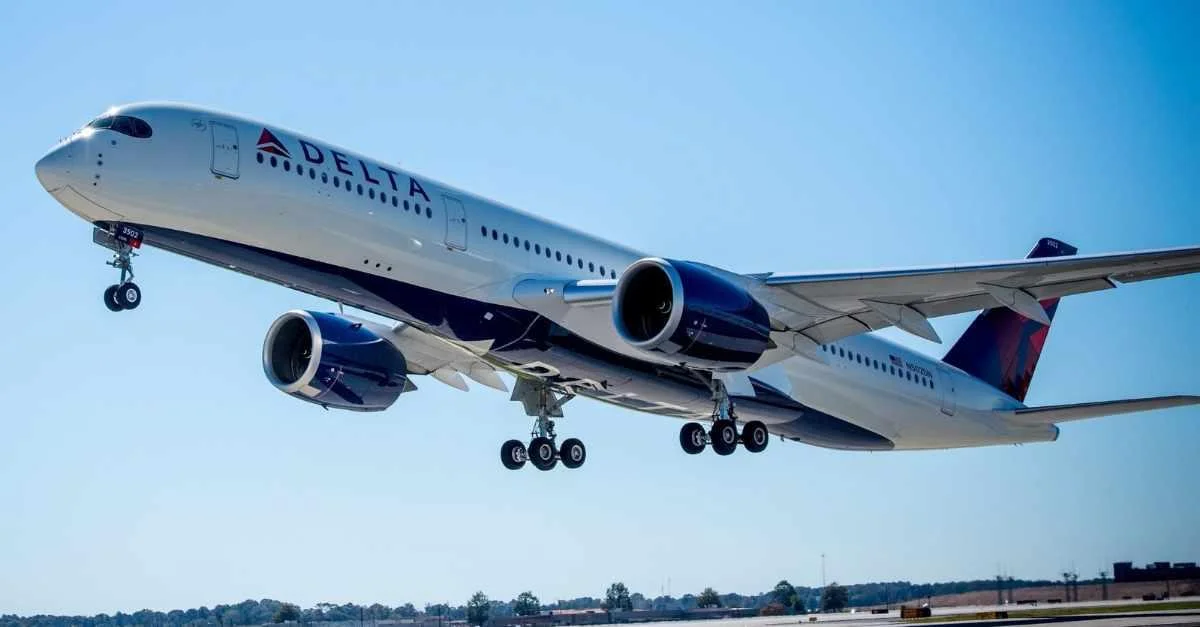The development of aircraft carriers leading up to WWII marked significant advancements from their WWI counterparts. The first use of a ship-based plane in warfare occurred on September 6, 1914, when the Imperial Japanese Navy's Wakamiya used a Farman aircraft to attack Austro-Hungarian and German ships. Following WWI, nations recognized the importance of aircraft in military conflicts, with navies using them for reconnaissance and fleet protection.
When WWII began following Germany's invasion of Poland, Great Britain's Royal Navy had seven aircraft carriers but only 400 aircraft. These carriers were initially vulnerable to German destroyers and submarines until losses prompted a shift away from anti-submarine patrols.
The United States' entry into WWII after Japan's attack on Pearl Harbor on December 7, 1941, highlighted the effectiveness of aircraft carriers. By combining six carriers into a single unit, Japan transformed naval warfare.
In an effort to boost American morale following Pearl Harbor, the USS Hornet launched an air raid on mainland Japan led by Lieutenant Colonel James Doolittle on April 18, 1942. Although strategically limited in damage, this raid prompted Japan to accelerate plans for attacking Midway Atoll.
At Midway Atoll in June 1942, American forces successfully countered Japanese Admiral Isoroku Yamamoto's plan to destroy U.S. carriers by leveraging intelligence gained from breaking parts of Japan’s secret code. This battle marked a turning point in the Pacific theater as American forces neutralized Japan's long-range attack capabilities.
In August 1942, U.S. Marines landed on Guadalcanal in response to Japanese advances in Papua New Guinea aimed at cutting off Allied supply lines between America and Australia/New Zealand. Subsequent carrier battles at Guadalcanal and Santa Cruz further demonstrated the strategic value of carrier-based operations despite mixed outcomes.
Japan anticipated that heavy casualties would compel Allied forces to seek peace early in the war; however, by mid-1943 this strategy faltered with key leadership losses including Admiral Yamamoto’s death.
Forewarned by intelligence about Japanese plans for a decisive battle in June 1944’s Philippine Sea engagement, American forces preemptively bombarded Marianas Islands targets before repelling Japanese attacks—resulting in substantial losses for Japan’s navy.
By spring 1945, intensified American bombing campaigns ultimately forced Japan’s surrender following atomic bombings on Hiroshima and Nagasaki.
 Alerts Sign-up
Alerts Sign-up



































